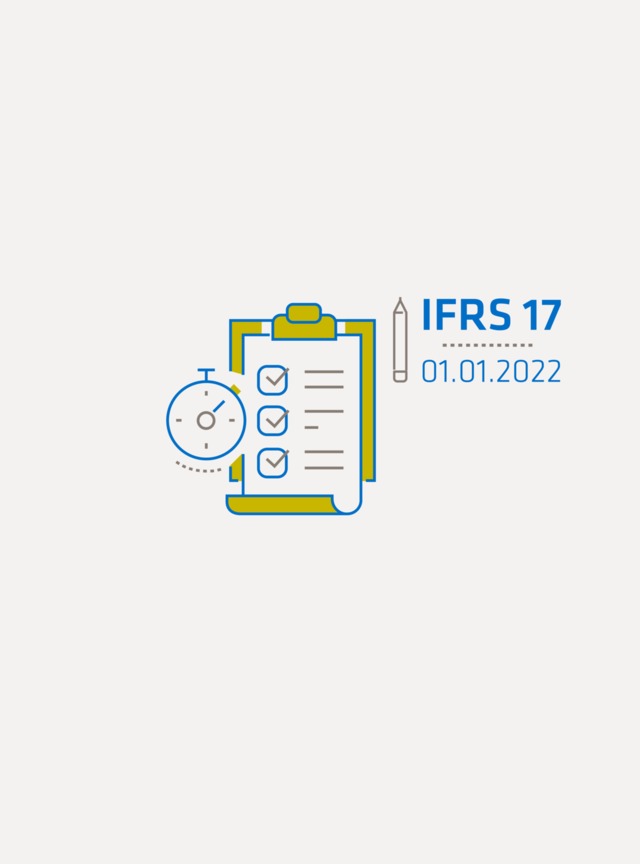IFRS 17 concerns insurance companies that are listed on a stock exchange, or their parent company is. While accounting for insurance contracts has so far been based on the acquisition cost view, as of 2022/2023 it will be changed to the market value view. With this, IFRS 17 is completely changing the world of accounting – also retroactively for the entire calendar year 2022.
IFRS 17 uses different valuation models. The General Measurement Model (GMM) and the Premium Allocation Approach (PAA) can be used for non-life insurance, and the Variable Fee Approach (VFA) for health and life insurance with profit participation. These models can be further customised with dozens of options and management parameters and allow simplifications through non-material approximations. Complexity, data requirements and implementation effort can be minimised through custom-fit parametrisation.
We have experience in the conceptual design and implementation of these models as well as in the construction of the necessary data links, and will navigate the challenges of IFRS 17 with you.

